Scholars worldwide are in dialogue about using Artificial Intelligence (AI) in various fields of research. Of course, AI can make certain kinds of work more efficient, this is also the case in social science research. Although ethical use of AI is still fuzzy, the use of AI in visual anthropological and sociological research that entails the Interpretive Approach raises several questions. The editorial team of Dhaulagiri Journal of Sociology and Anthropology, including BU’s Professor Edwin van Teijlingen, just published a research note raising three key questions: First, are researchers satisfied with the interpretation (the meaning created) by AI, i.e., the authenticity of the interpretation?; (b) Secondly, can AI reach the depth of the details of the visual object being interpreted? And thirdly, what ethical issues would AI-based research encounter if AI were highly supportive?
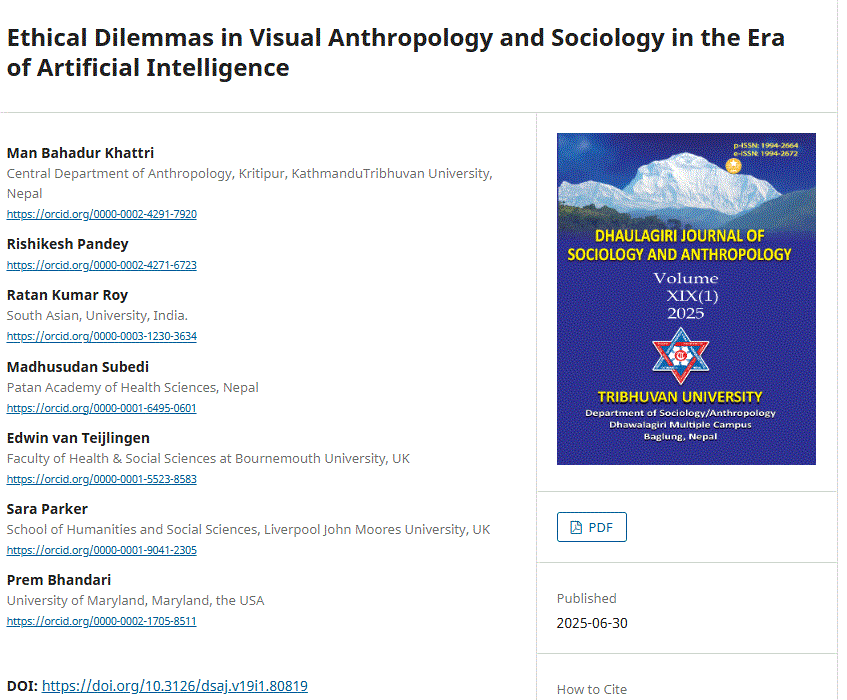 They agree that answering these questions is not easy. Since a detailed analysis of these components needs rigorous research work, we consider issues that will be the basis for further research in this editorial note. Hence, the purpose of this editorial note is to bring the research agenda to the forefront of researchers for further investigation rather than answering specific research questions mentioned above.
They agree that answering these questions is not easy. Since a detailed analysis of these components needs rigorous research work, we consider issues that will be the basis for further research in this editorial note. Hence, the purpose of this editorial note is to bring the research agenda to the forefront of researchers for further investigation rather than answering specific research questions mentioned above.
Reference:
- Khattri, M. B., Pandey, R., Roy, R. K., Subedi, M., van Teijlingen, E., Parker, S., & Bhandari, P. (2025). Ethical Dilemmas in Visual Anthropology and Sociology in the Era of Artificial Intelligence. Dhaulagiri Journal of Sociology and Anthropology, 19(1), i-v. https://doi.org/10.3126/dsaj.v19i1.80819
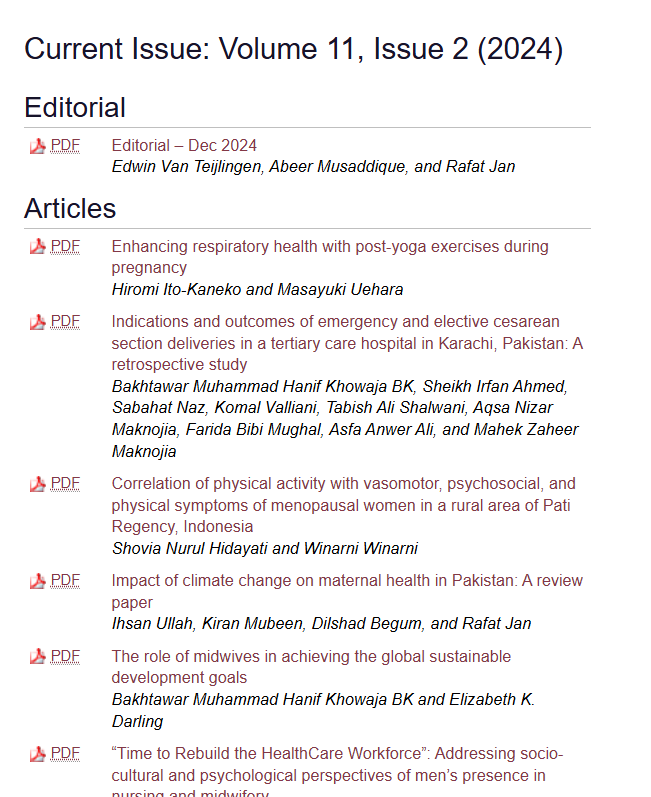
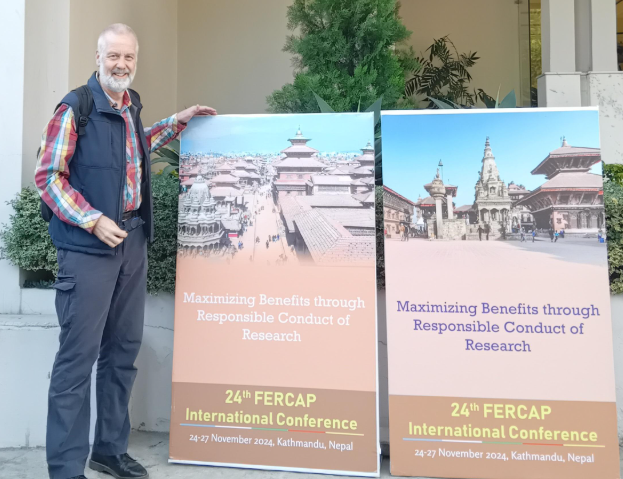

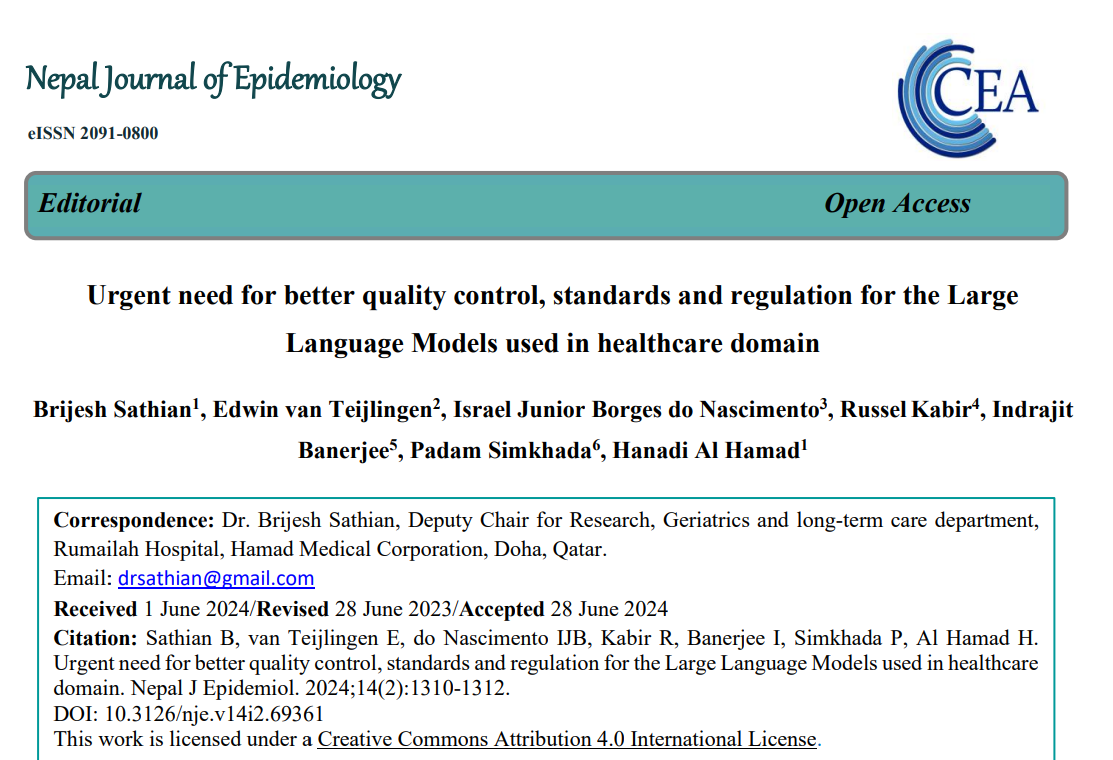

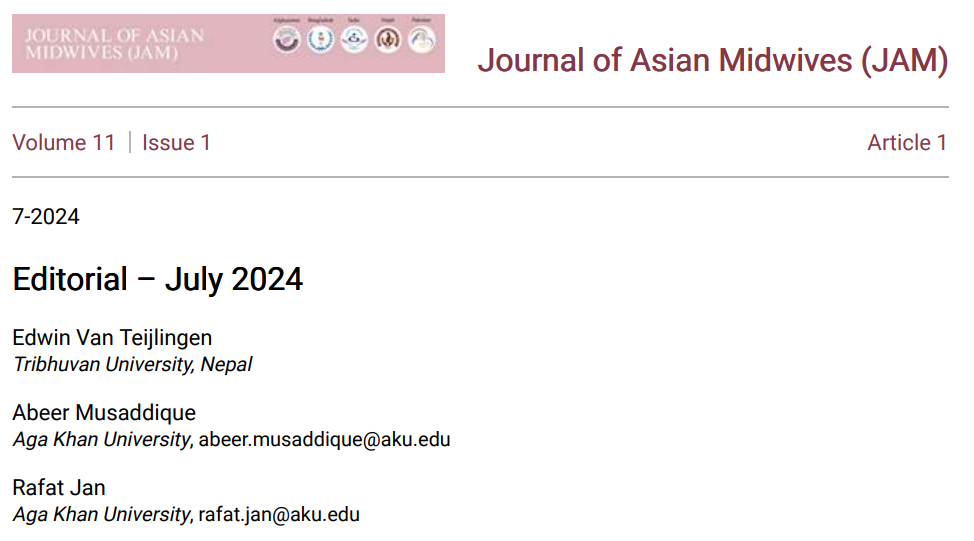
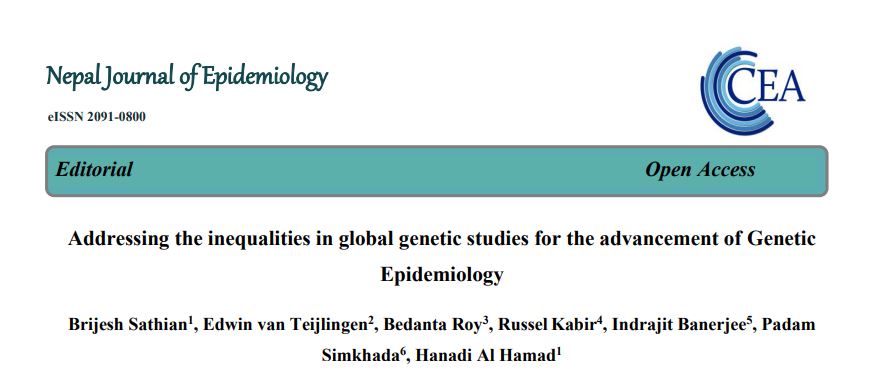
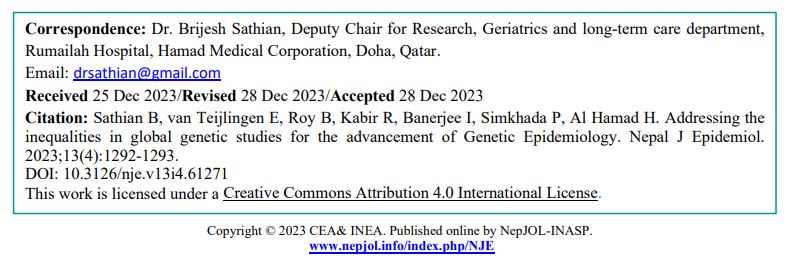
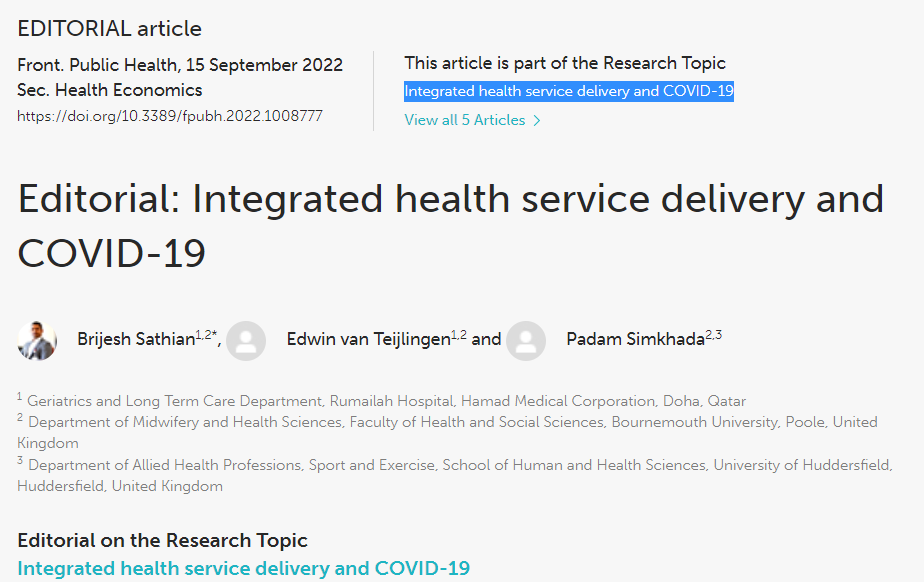
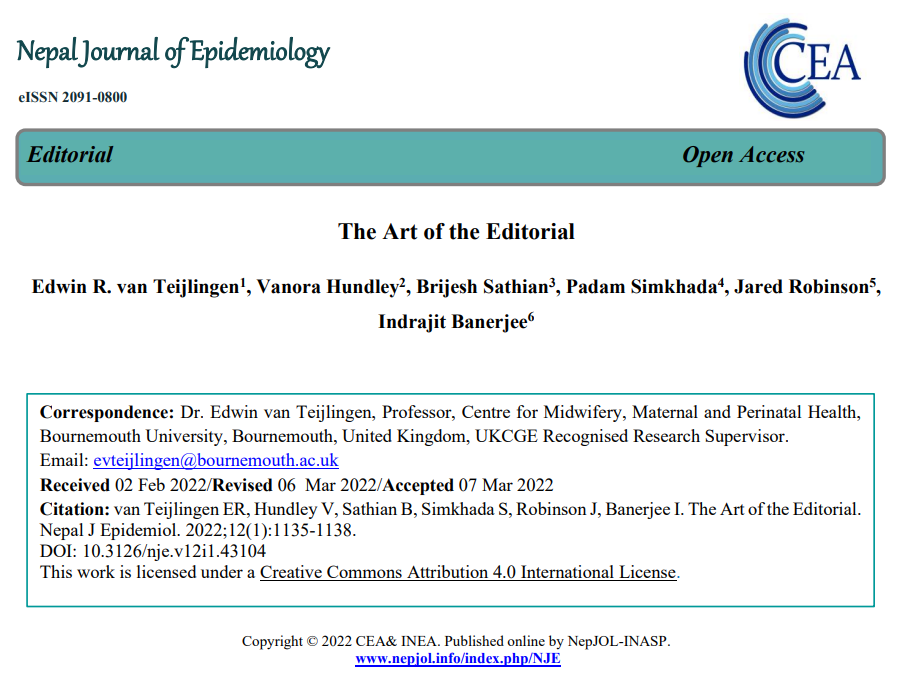
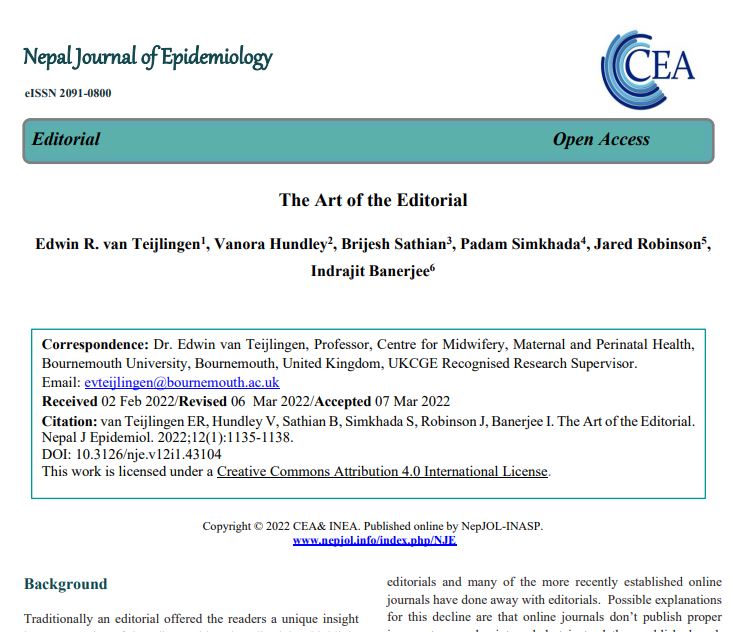

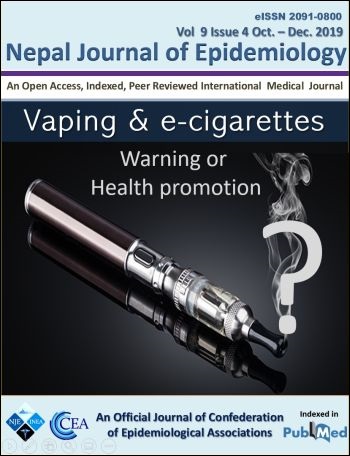
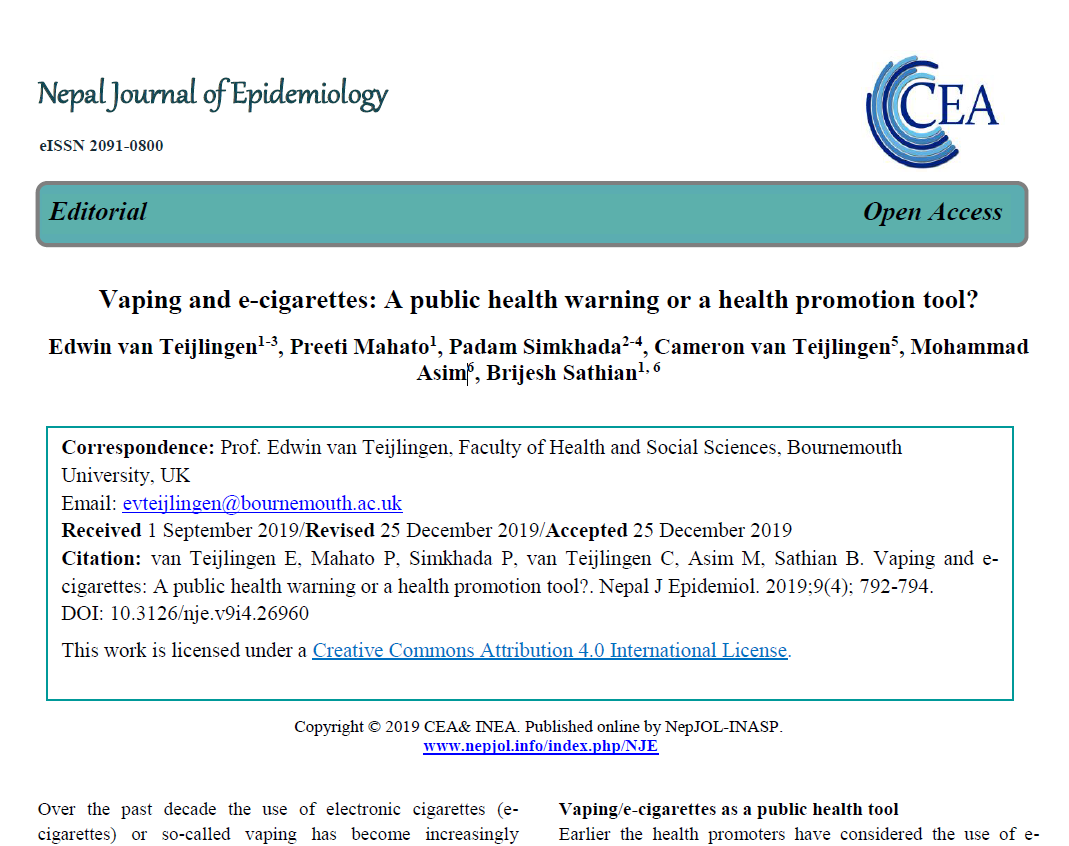

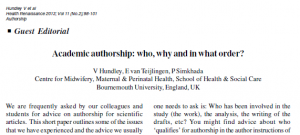












 SPROUT: From Sustainable Research to Sustainable Research Lives
SPROUT: From Sustainable Research to Sustainable Research Lives BRIAN upgrade and new look
BRIAN upgrade and new look Seeing the fruits of your labour in Bangladesh
Seeing the fruits of your labour in Bangladesh Exploring Embodied Research: Body Map Storytelling Workshop & Research Seminar
Exploring Embodied Research: Body Map Storytelling Workshop & Research Seminar Marking a Milestone: The Swash Channel Wreck Book Launch
Marking a Milestone: The Swash Channel Wreck Book Launch ECR Funding Open Call: Research Culture & Community Grant – Application Deadline Friday 12 December
ECR Funding Open Call: Research Culture & Community Grant – Application Deadline Friday 12 December MSCA Postdoctoral Fellowships 2025 Call
MSCA Postdoctoral Fellowships 2025 Call ERC Advanced Grant 2025 Webinar
ERC Advanced Grant 2025 Webinar Update on UKRO services
Update on UKRO services European research project exploring use of ‘virtual twins’ to better manage metabolic associated fatty liver disease
European research project exploring use of ‘virtual twins’ to better manage metabolic associated fatty liver disease